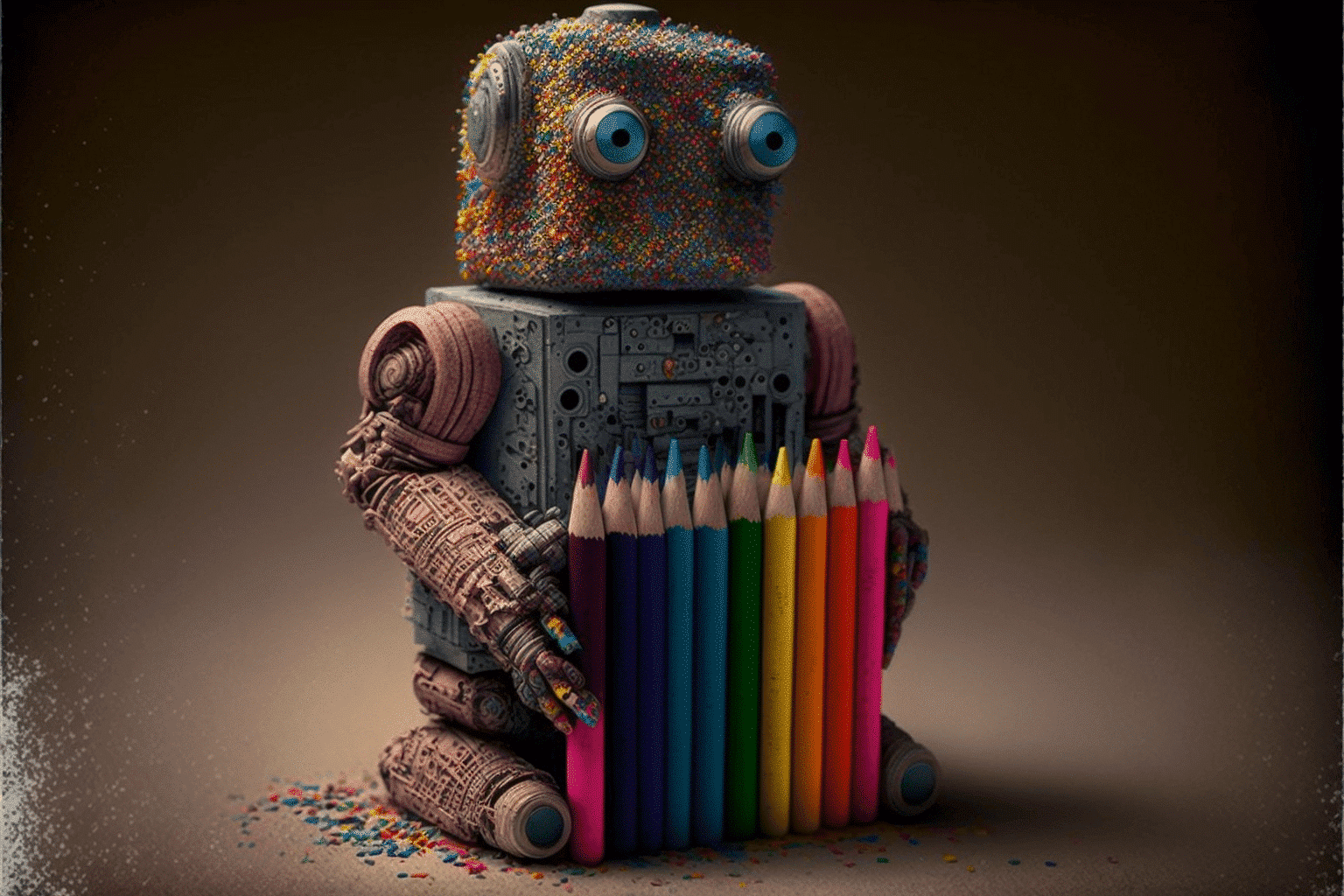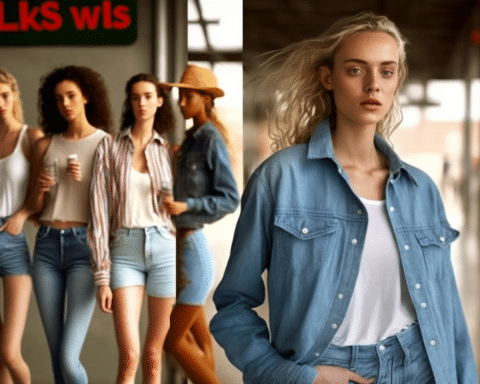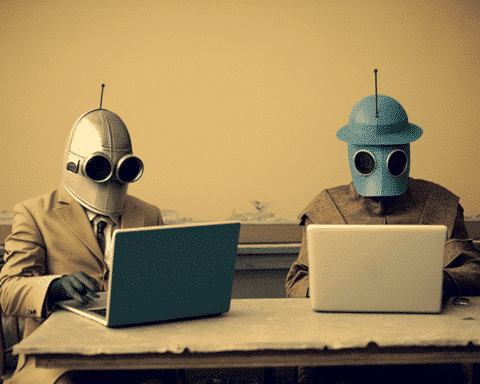Getty Images is suing Stability AI, the makers of an AI image-creation tool called Stable Diffusion, for alleged infringement of the agency’s rights to use photographers’ and illustrators’ images.
The tool, which uses AI to generate images based on simple text instructions, has sparked concern among artists and photographers who worry it can imitate their style and produce images quickly without permission.
Some see it as a valuable creative tool, while others view it as a threat to their livelihoods.
Copying without permission
Getty Images has announced that it is taking legal action against Stability AI, the creators of an AI image-creation tool called Stable Diffusion, claiming that the tool unlawfully copied and processed millions of copyrighted images to the detriment of content creators.
Getty Images alleges that Stability AI ignored viable licensing options and long-standing legal protections and that the tool was trained using a compressed file of 100,000GB of images scraped from the internet, including material sourced from Getty Images.
The agency has begun legal proceedings in the High Court in London. Getty Images CEO Craig Peters stated that the company’s actions are not a statement against generative models but rather a responsible and legal path to produce such models.
Getting scraped
Stability AI has stated that they take the legal action being taken by Getty Images seriously but were only aware of the intended legal action once informed via the press.
They have yet to receive any official documents regarding the lawsuit.
The collection agency, Picsel, which works to ensure creators are paid fairly when their work is copied, had previously warned of the risks to photographers’ and photo agencies’ livelihoods.
The CEO, Paul Seheult, had explained to the BBC that the concern is that a photo-agency website is being scraped for content to produce AI-derived images, which are then sold in competition with that agency’s content.
Three artists have brought a class-action case against Stability AI and two other defendants in California, alleging that Stable Diffusion is “merely a complex collage tool” trained using “countless copyrighted images” and that the action is meant to protect artists from “this blatant and enormous infringement of their rights before their professions are eliminated by a computer program powered entirely by their hard work.”
However, a Stability AI representative stated that anyone who believes this is not fair use needs to understand the technology and the law.
The legal cases will be closely watched by those with interest in AI.
Patrick Goold, a reader in law at the City, University of London, has said that the question before the US courts is whether to abandon long-held principles in relation to AI-generated images, as human artists have learned by copying the art of their predecessors.
The legal cases brought against Stability AI by Getty Images and the class-action case brought by three artists in California raise important questions about the use of AI in the creative industries.
While some see AI-generated images as a valuable tool for expression, others worry about the potential for infringement of copyright and the impact on the livelihoods of photographers and artists.
The outcome of these cases will likely have far-reaching implications for the use of AI in the creative fields and will be closely watched by those in the legal and technology communities.




